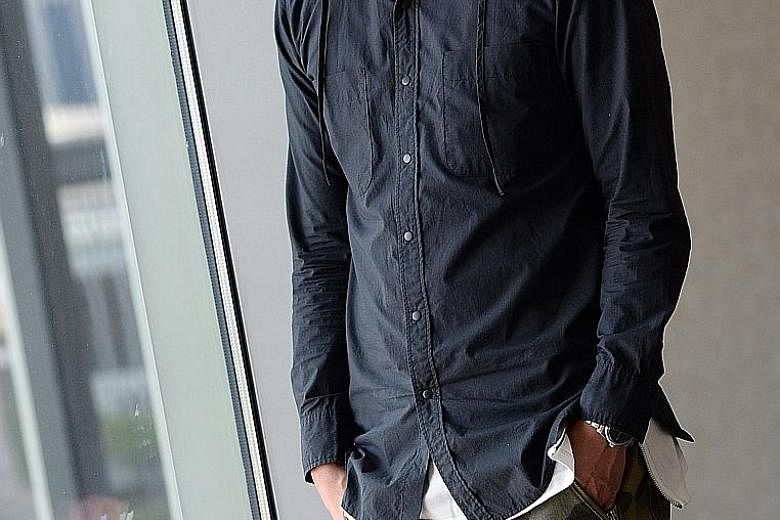If you are a 1990s kid raised in China, the movie Soul Mate should bring on a nostalgia attack.
Its director Derek Tsang made sure that every detail was correct.
"I don't want someone on the mainland to say, 'Oh, that is the wrong rice cooker for the period,'" he says.
In the portrait of the intense and turbulent friendship of two women, Qiyue (Ma Sichun) and Ansheng (Zhou Dongyu), starting from childhood in a small Chinese city, material goods were changing as citizens become wealthier. So was the music heard on the streets.
"A lot of the pop songs in the film were chosen in the editing and we found out that people at that time were listening to music from Taiwan and Hong Kong. That's what they heard in the 1990s," says the film-maker, who was in Singapore last week to promote the drama, which opens tomorrow.
Yet Tsang, 36, who was born in Guangdong, educated in Canada and is now based in Hong Kong, took care to exclude Cantopop from the playlist.
The movie is based on an online novel from writer Li Jie, known by the pen name Annie Baby or Annie Baobei. Her fans appreciate her frankness in describing life in China, so Tsang wanted to be sure that the work is untainted by accusations of foreign influence.
"I didn't want audiences to say, 'You're from Hong Kong, that's why you're putting Cantonese songs there.'
"One of my biggest concerns about the project is that I am a relatively new director from Hong Kong and I don't want this to be seen as a film made by an outsider," says Tsang, the son of actor Eric Tsang.
His attention to detail - such as in how coal is burnt to warm houses in Beijing, leading to Ansheng's brush with carbon monoxide poisoning - seems to have paid off.
Since its opening in China in mid-September, it has made about 170 million yuan, or US$25 million (S$34 million), a strong figure for a drama featuring largely unknown actors.
It has also been nominated for seven awards at the Golden Horse ceremony later this month, including Best Director for Tsang and Best Leading Actress for Ma and Zhou. The ceremony will be held on Nov 26.
Tsang also talks about how, to create suspense in what might be a straightforward drama, the story has been edited to hide important facts from the audience, leading to a major revelation at the climax. The film's editing team has also been nominated for a Golden Horse.
The closeness of the women portrayed in the movie is not uncommon in China, says Tsang. Both Qiyue and Ansheng are only children and though the film does not state it explicitly, both are the product of the country's one-child policy.
Tsang, who has an older half-sister, says: "When you don't have siblings, you channel all of that emotion into your friendships. In China, you have close friends who sort of become one another's siblings. You don't have brothers and sisters to grow up with."
Derek Tsang talks about what it is like to work in an industry dominated by the legacy of his father, actor Eric Tsang. http://str.sg/4gYF


